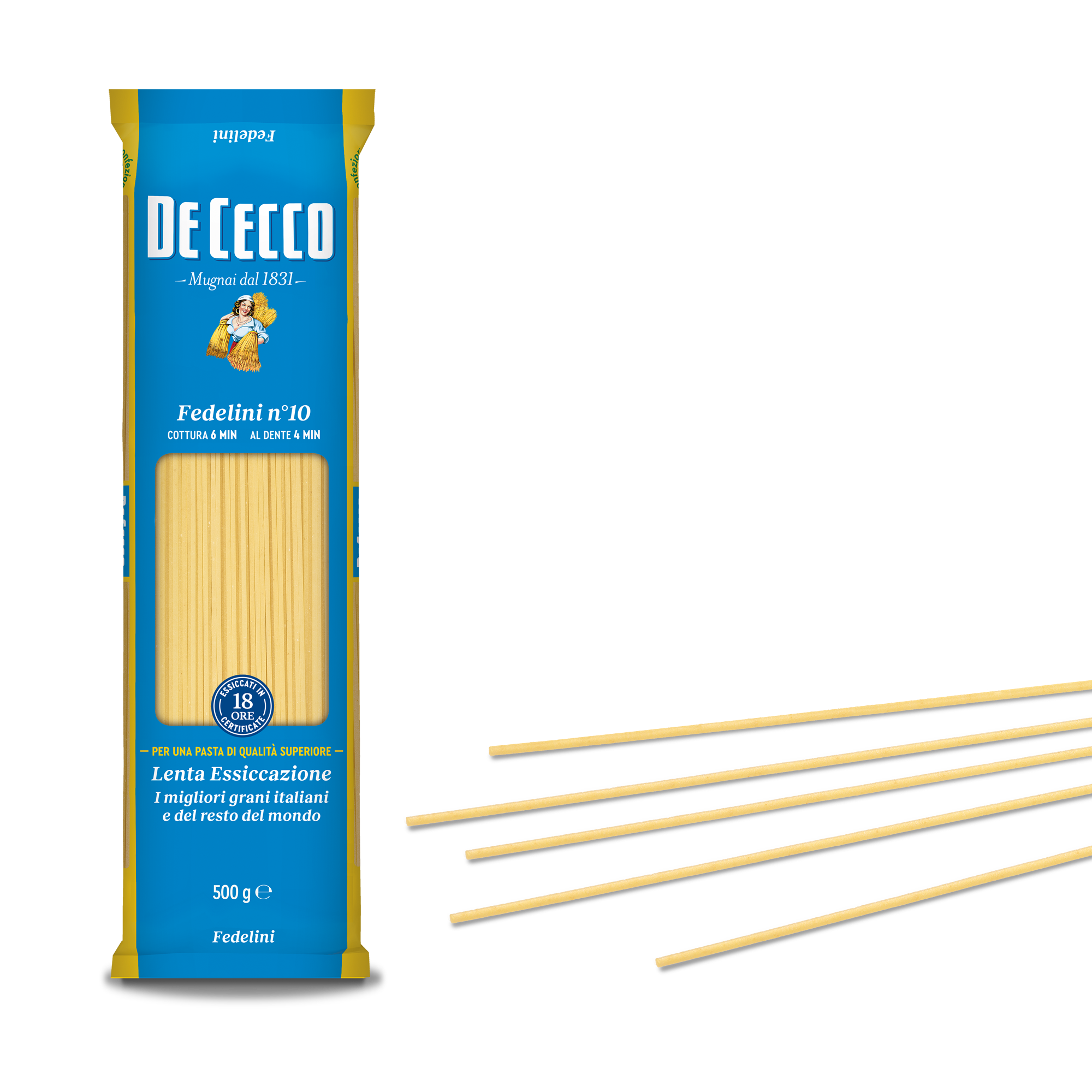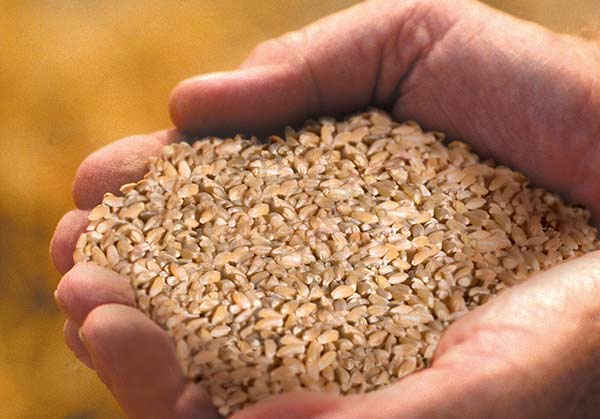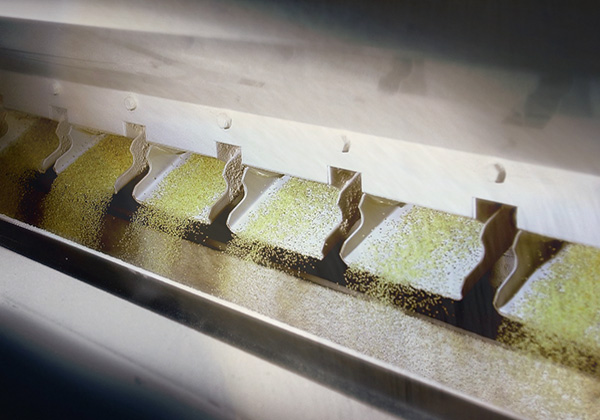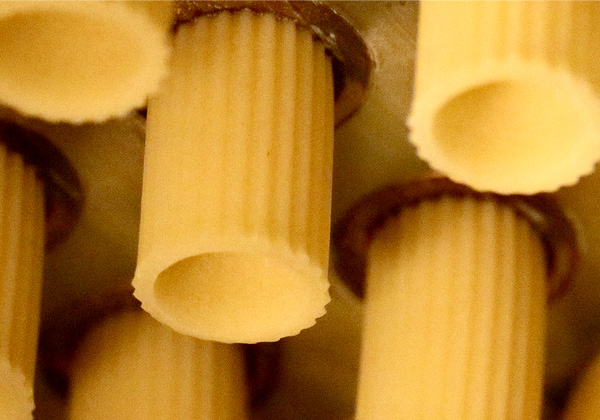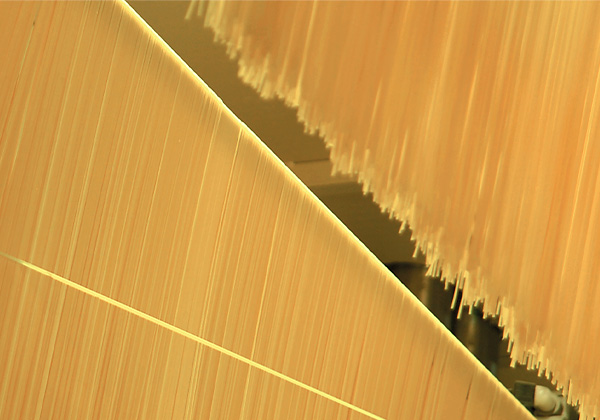Ditali Rigati n° 59
Ditali Rigati (ridged thimbles) are part of the very short, straight cut pasta family and originate from Campania.
The shape of this pasta is inspired by the sewing thimble, but is open at the top as well. The chunky shape and ridges of Ditali Rigati makes it very versatile for pasta dishes with tomato or in soups and vegetable broths.
Ditali Rigati are especially suited to preparing pasta dishes with a variety of sauces ranging from meat to fish and from vegetables to pulses. The secret of a perfect recipe is that the sauces have a sufficiently liquid consistency so they penetrate inside the pasta.
This pasta is also just as good for preparing broths and soups with vegetables or pulses.
Available in 500g packs.
- Cooking time: 12 min - Al dente: 10 min
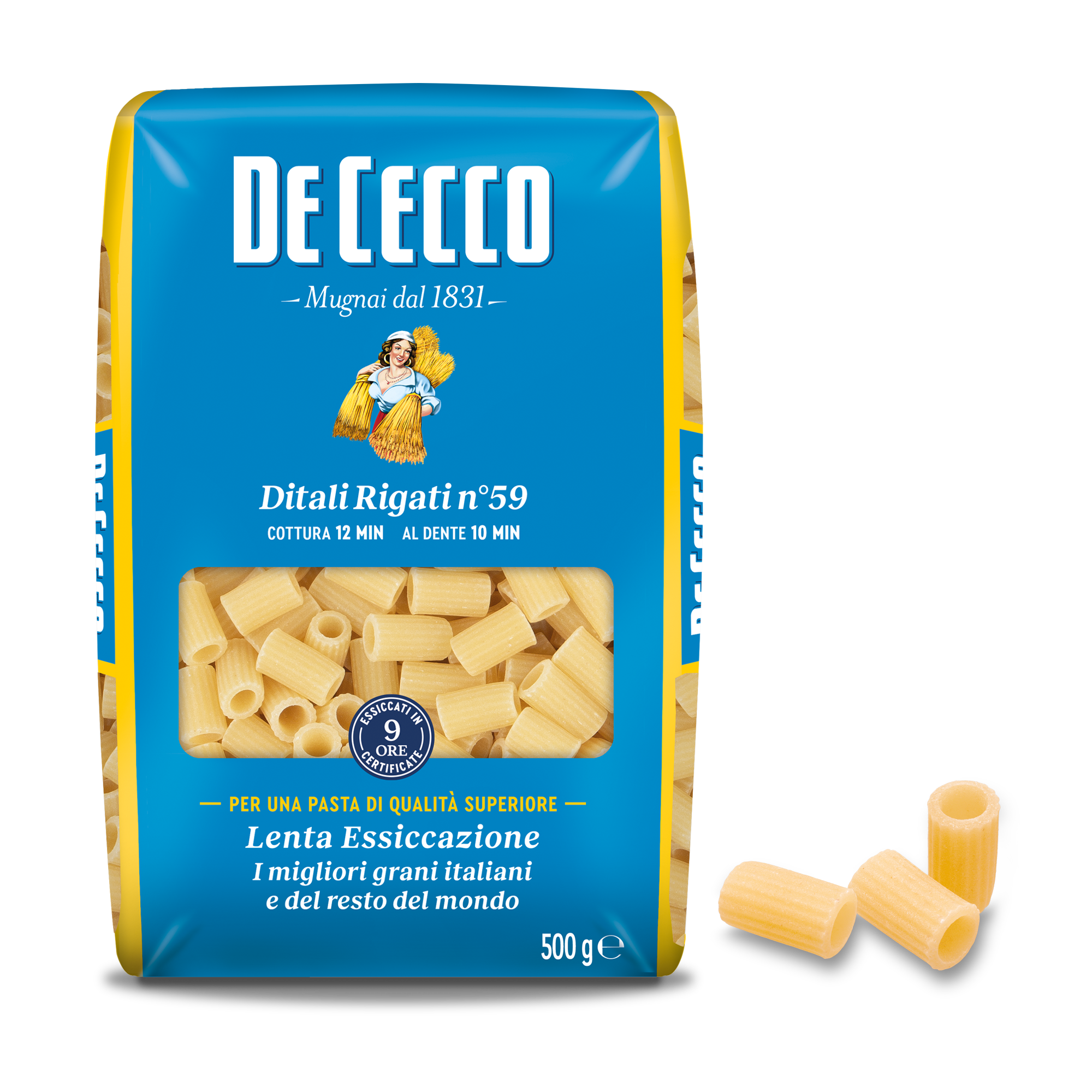
play
Our method
Attention, care, experience, quality at every stage: from our mill to your table.
You may also be interested in
Fedelini n° 10
The origin of Fedelini can be traced back to parts of Liguria and the province of Savona at the beginning of the 14th century with the start of the production of macharoni and tria, also called fidej. They are extremely thin which is how they can still be distinguished from spaghetti.
Simple condiments are recommended for this type of pasta. It is excellent combined with butter dressings, such as uncooked butter and cheese, or melted butter with sage and cheese. Egg or fresh raw tomato based sauces are also excellent. Another way to enjoy Fedelini is in a light, chicken broth. In addition to broths and pasta dishes with sauces, this pasta is also used to prepare oven-baked dishes in the Naples region.
Available in 500g pack.s
Find out more
